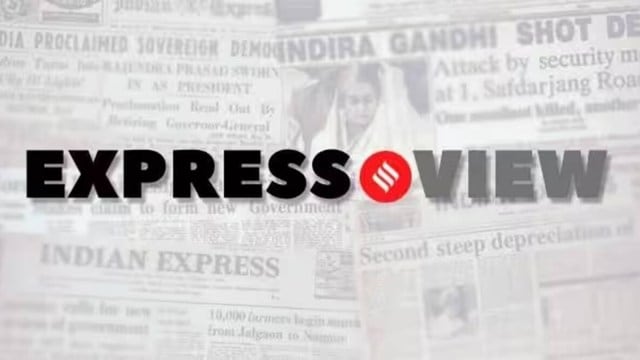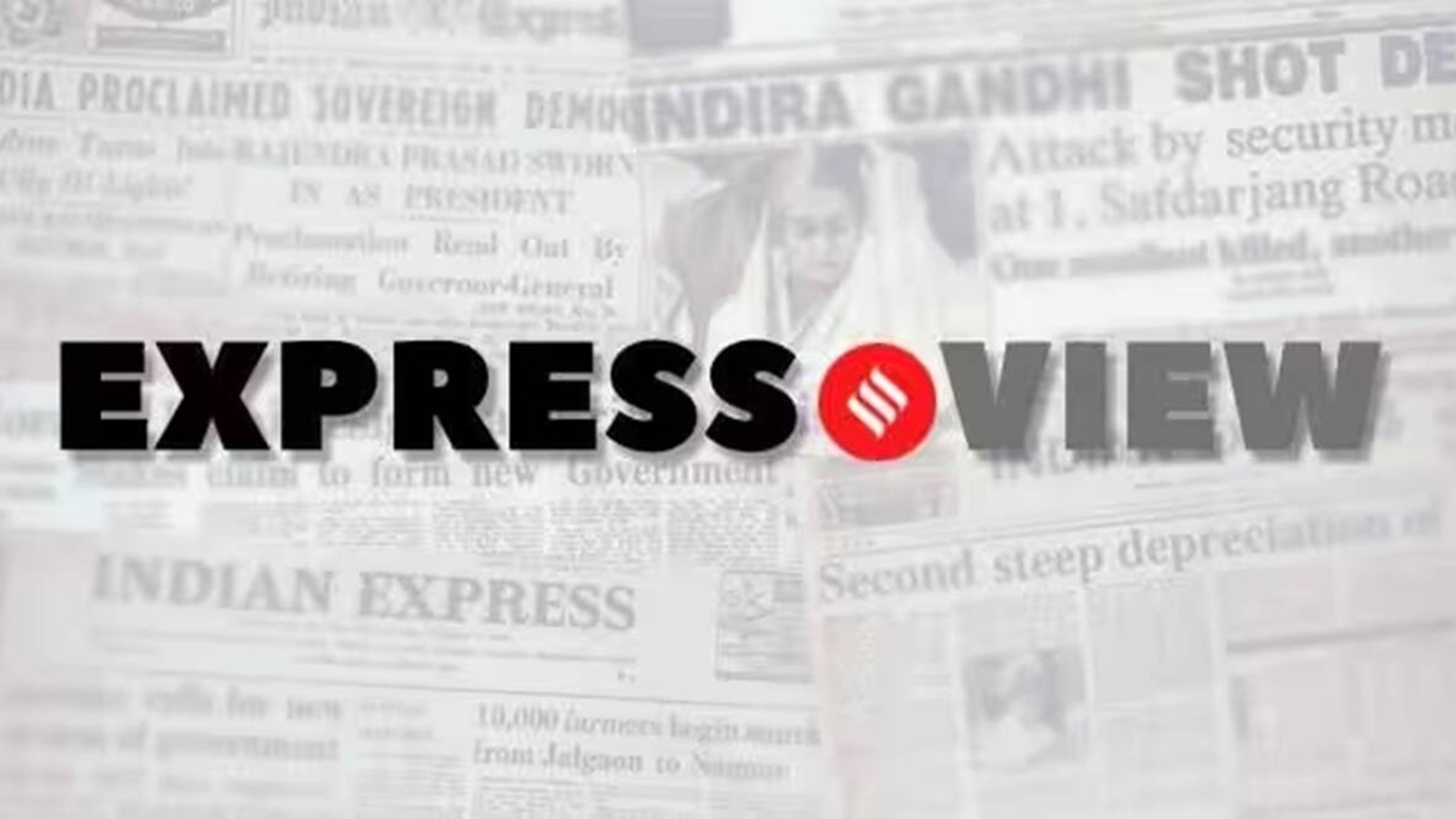
Ratan Tata will be remembered as the man who steered India’s largest and oldest business house from an unwieldy domestic and commodity-centric leviathan to a global and consumer-facing conglomerate, cementing its eminence in the post-liberalisation era. The remarkable transformation of the group is perhaps best illustrated by the valuation of its three largest companies today — Tata Consultancy Services, Tata Motors and Titan. TCS, India’s largest IT company, generates nearly 95 per cent of its revenues from exports. Tata Motors, while continuing to be a leading commercial vehicle maker, derives the bulk of its sales from cars, SUVs and its UK-based luxury vehicle subsidiary, Jaguar Land Rover. Titan is a completely consumer-facing company that sells jewelry, watches and eyewear. So are the retailer Trent, the FMCG major Tata Consumer Products and the home appliance maker Voltas. The fact that Titan’s current market capitalisation is more than one-and-a-half times that of Tata Steel, twice that of Tata Power and more than 10 times of Tata Chemicals, shows the extent of the transition of the group achieved under Ratan Tata.
Under JRD Tata, Russi Mody at Tata Steel, Darbari Seth at Tata Chemicals and Tata Tea and Ajit Kerkar at Taj Hotels exercised great sway, and ran the companies almost like independent empires. However, Ratan Tata, who took over as chairman in 1991, took a different approach. He eased out the old satraps and exerted greater control over the companies. He was clear about the group’s trajectory in the post-reforms era — it had to remain a diversified salt-to-software conglomerate, but also cohesive with a group strategy to increase the holding company Tata Sons’s effective control and stake and leverage the Tata brand better. The group had to think and act lean, which meant shedding businesses that weren’t delivering shareholder value or were too reliant on government policy (fertilisers and infrastructure). A greater portion of the group’s revenue sales had to come from consumer brands and global operations than commodities. By concentrating the group’s energies on building and nurturing the relationship with consumers and shareholders, rather than with the corridors of power in Delhi, Ratan Tata’s priorities were in sync with the spirit of liberalisation.
Ratan Tata recognised that the future of Indian business lay not in remaining confined to home ground, but going global. Tata Motors, Tata Steel and Tata Tea (now part of Consumer Products) acquired JLR, Corus and Tetley respectively. However, not all the group’s new ventures played along expected lines. For instance, Tata Steel’s acquisition of the Anglo-Dutch steel company Corus turned sour, and was considered a “mistake” by JJ Irani, former managing director of Tata Steel. The group’s foray into telecom did not yield desired results. Similarly, the Tata Nano — Ratan Tata’s pet project — did not prove to be commercially viable. Dubbed the “people’s car”, its sales dwindled over the years. Equally contentious was the ouster of Cyrus Mistry as chairman of the Tata group, shrouded in a bitter feud that ended up playing out in the courts. N Chandrasekaran, who replaced Mistry, thereafter steadied the ship. For the group that has ventured into newer areas, from semiconductors to contract manufacturing, the question now is: Who will carry forward the Tata legacy?
© The Indian Express Pvt Ltd
First uploaded on: 11-10-2024 at 02:01 IST


